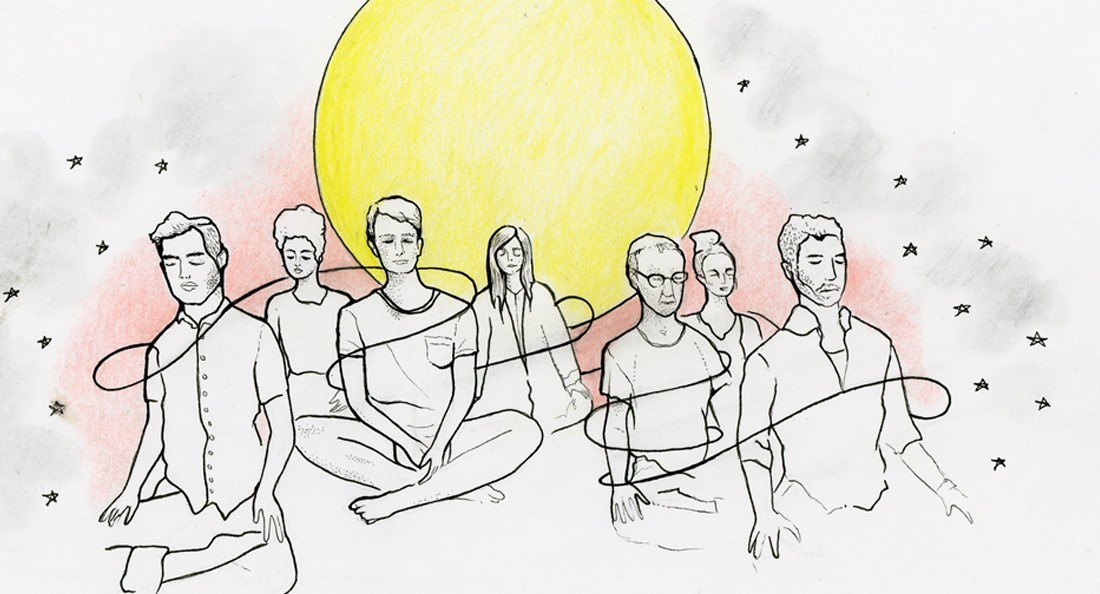Dumbbells or dogma?
Finding spirituality in unusual places
Routines inescapably govern our everyday lives. How we get dressed, how we commute to work or school, how or when we eat and even how we fall asleep are all mundane tasks that we accomplish mechanically. Without thought or consciousness, we are able to move throughout the day and meet expectations.
When we take time to focus on each duty and place importance in each action within a routine, this can be interpreted instead as ritual. Today, rituals are not merely associated with religious groups, but they do retain spiritual significance.
In Tara Isabella Burton’s Vox article, “CrossFit is My Church,” she explores a Harvard Divinity School report on how urban millennials, notorious for atheism, find a community and a sense of peace within fitness programs, such as CrossFit and SoulCycle.
However, the similarities between the architecture of religious worship and these workout classes reveal that though the setting of ritual and spirituality may have altered, they remain stronger than ever.
CrossFit and SoulCycle provide a place for people to belong, to release stress, to continuously work to push their limits and to bond with others going through similar experiences. These aspects mirror that of a place of worship without uncontrollable restraints on lifestyle choices, orientation or attire due to rigid beliefs.
The amount of freedom felt within these fitness institutions foster spirituality in a similar way as a traditional religious setting.
While in church you may be expected to stay quiet, sit still and pay attention to maintain peace, in renovated industrial buildings and dark rooms with pulsing music, you are encouraged to make noise, to be in constant motion and to be completely absorbed with yourself.
Having control over your own speed, resistance or breathing pattern allows you to embrace self-awareness, which I believe can promote spirituality as well. Spirituality has no concrete definition and is merely related to anything concerning religion.
Therefore, I think that it can mean something different to every person who experiences a deep connection with a ritual or a community.
There are no rigid rules regarding spirituality, because you cannot contain something that is immaterial.
Though the prayers uttered in a CrossFit gym or a SoulCycle class may not be in unison with a priest, the dress code may be less modest, and there is no need to memorize any text, spirituality is empowered to grow, due to the strength of community and ritual within these spaces.
Personal achievements experienced with a team as well as the amount of self-control you have within these workout programs enables you to discover your own spirituality while building a support system that embraces change and strength, something religious institutions are struggling to keep up with.
Nicole Brownlee is currently majoring in Rhetoric, Writing, and Communications at the University of Winnipeg.
Published in Volume 73, Number 4 of The Uniter (September 27, 2018)







